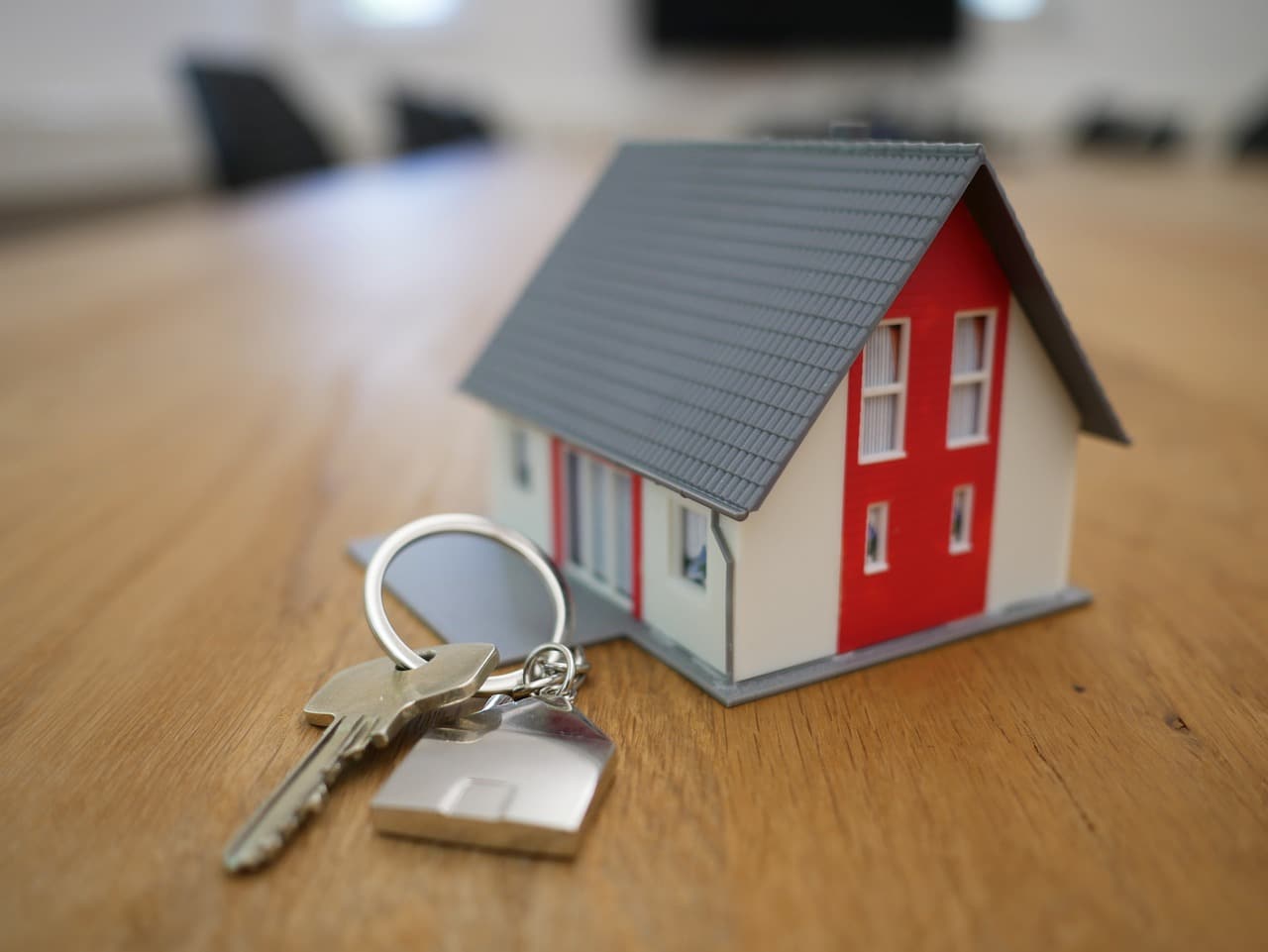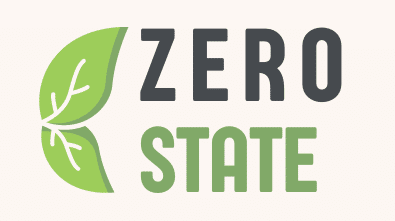Managing rental properties

In the modern world, the real estate industry has become a significant investment arena. The idea of owning rental properties and earning a steady stream of income from them is appealing. However, with the numerous advantages come responsibilities. Managing rental properties effectively can be a complex and demanding task. As a property owner, you need to understand the intricacies involved and the best strategies to adopt for successful property management. This article aims to provide you with a comprehensive guide on how to manage your rental properties.
Understanding the Legalities
Before you venture into the rental property business, it’s crucial to acquaint yourselves with the legal aspects that govern it. Lack of proper understanding of the law can lead to costly mistakes and potential legal disputes.
A découvrir également : The importance of home insurance
Housing Laws
Housing laws vary from region to region. They encompass aspects such as tenant rights, eviction processes, property maintenance, and security deposits. For instance, as property owners, you should know that you cannot evict a tenant without a valid reason or without following the due legal process.
Property Insurance
Property insurance is another crucial legal aspect. It protects your property against natural disasters, fire, and other damages. It’s worth noting that the existing homeowner’s insurance may not cover rental activities, necessitating the need for specific rental property insurance.
A voir aussi : How to make a rental investment profitable
Lease Agreement
A lease agreement is a legally binding document that outlines the terms and conditions of the rental. It sets out the obligations of both the landlord and the tenant. It should be thorough and clear to avoid future misunderstandings and potential legal issues.
Finding the Right Tenants
Finding the right tenants is a crucial aspect of managing rental properties. Good tenants pay rent on time, take care of the property, and generally cause fewer issues.
Tenant Screening
Tenant screening involves checking a prospective tenant’s credit score, rental history, and references. This process helps you determine the tenant’s ability to pay rent and their likelihood of being a responsible occupant.
Setting the Right Rent
The amount of rent you charge can influence the kind of tenants you attract. If it’s too high, you risk driving away potential tenants. If it’s too low, you may attract tenants who cannot afford higher rents, possibly increasing the risk of late or unpaid rents.
Property Maintenance and Repairs
Keeping your rental properties in good shape is not only crucial in attracting and retaining tenants, but it’s also a legal obligation.
Regular Inspections
Regular inspections allow you to spot potential issues before they escalate into major problems. They also show your tenants that you’re committed to maintaining the property, which can motivate them to do their part in keeping it in good condition.
Prompt Repairs
When a tenant reports a problem, it’s imperative to address it promptly. Delayed repairs can cause damage to the property, pose safety risks, and lead to tenant dissatisfaction.
Handling Finances
Managing the financial aspect of rental properties can be challenging but it’s vital to your business’s success.
Rent Collection
Rent collection should be as straightforward and convenient as possible. Various methods are available, including checks, bank transfers, and online payment platforms. It’s also important to have clear policies on late payments.
Financial Planning
Running a rental property involves various costs, including mortgage payments, insurance, property taxes, and maintenance costs. Good financial planning will help you track your expenses, maximize your income, and ensure the financial sustainability of your business.
Using Property Management Software
In this digital age, technology can significantly ease the burden of managing rental properties. Property management software can automate various tasks, thus saving you time and reducing errors.
Such software can help with tasks such as tenant screening, rent collection, and financial tracking. It can also provide a platform for communication between you and your tenants, making it easier to address concerns and relay information.
In conclusion, managing rental properties can be challenging but with the right strategies and tools, it can also be a rewarding venture. Understanding the legalities involved, finding the right tenants, maintaining your properties, handling your finances effectively, and leveraging technology are crucial elements to success in this business.
Nurturing a Healthy Landlord-Tenant Relationship
Building and nurturing a healthy relationship with your tenants is an integral part of managing rental properties. A positive landlord-tenant relationship can significantly reduce potential issues that may arise during the lease period.
Effective Communication
Open and regular communication forms the foundation of a healthy landlord-tenant relationship. It’s essential to establish clear lines of communication from the start, ensuring that both parties understand their roles and responsibilities. To facilitate this, you can use different communication channels such as email, phone calls or property management software.
Respect and Responsiveness
In addition to communication, respect and responsiveness are key in fostering a positive relationship. Always strive to address tenant concerns promptly and professionally. Regularly seek feedback from your tenants and use it to improve your services. This not only engenders trust but also makes your tenants feel valued and heard.
Fair Treatment
Treat your tenants fairly, irrespective of their background or status. This includes not discriminating when selecting tenants and when dealing with any issues that arise. Remember, it’s not just about the ethics; fair treatment is also a legal requirement under the Fair Housing Act.
Optimizing Property Investments
To derive maximum returns from your rental properties, you need to continuously optimize your investments. This means exploring strategies that increase property value and reduce costs.
Property Upgrades
Upgrading rental properties can significantly increase their value and thus the rent you can charge. Some potential upgrades include modernizing the kitchen or bathroom, improving the property’s energy efficiency, and enhancing its curb appeal.
Cost-Effective Management
Optimizing your property investments also involves managing your expenses effectively. This includes getting the most value from your property insurance, negotiating with service providers, and investing in preventative maintenance to avoid costly future repairs.
Tax Benefits
As a property owner, you may be eligible for various tax benefits. These could include deductions for mortgage interest, property taxes, insurance, and maintenance costs. It’s advisable to consult a tax advisor to understand the full range of benefits you can claim.
Conclusion
In sum, managing rental properties requires a comprehensive understanding of legalities, identifying suitable tenants, ensuring regular maintenance and repairs, and effectively handling finances. But that’s not all. Building a healthy landlord-tenant relationship and continuously optimizing your property investments are equally important. While managing rental properties can be demanding, with the right strategies in place, it can be a rewarding venture. By understanding and implementing these strategies, you can navigate property management effectively and enjoy the benefits of your investment. Technology, especially property management software, can be a valuable aid in this process. Remember, the key to successful property management is continuous learning and adaptation to the ever-evolving real estate landscape.
